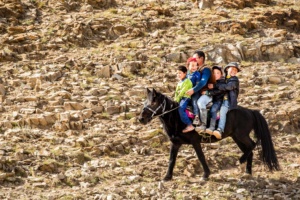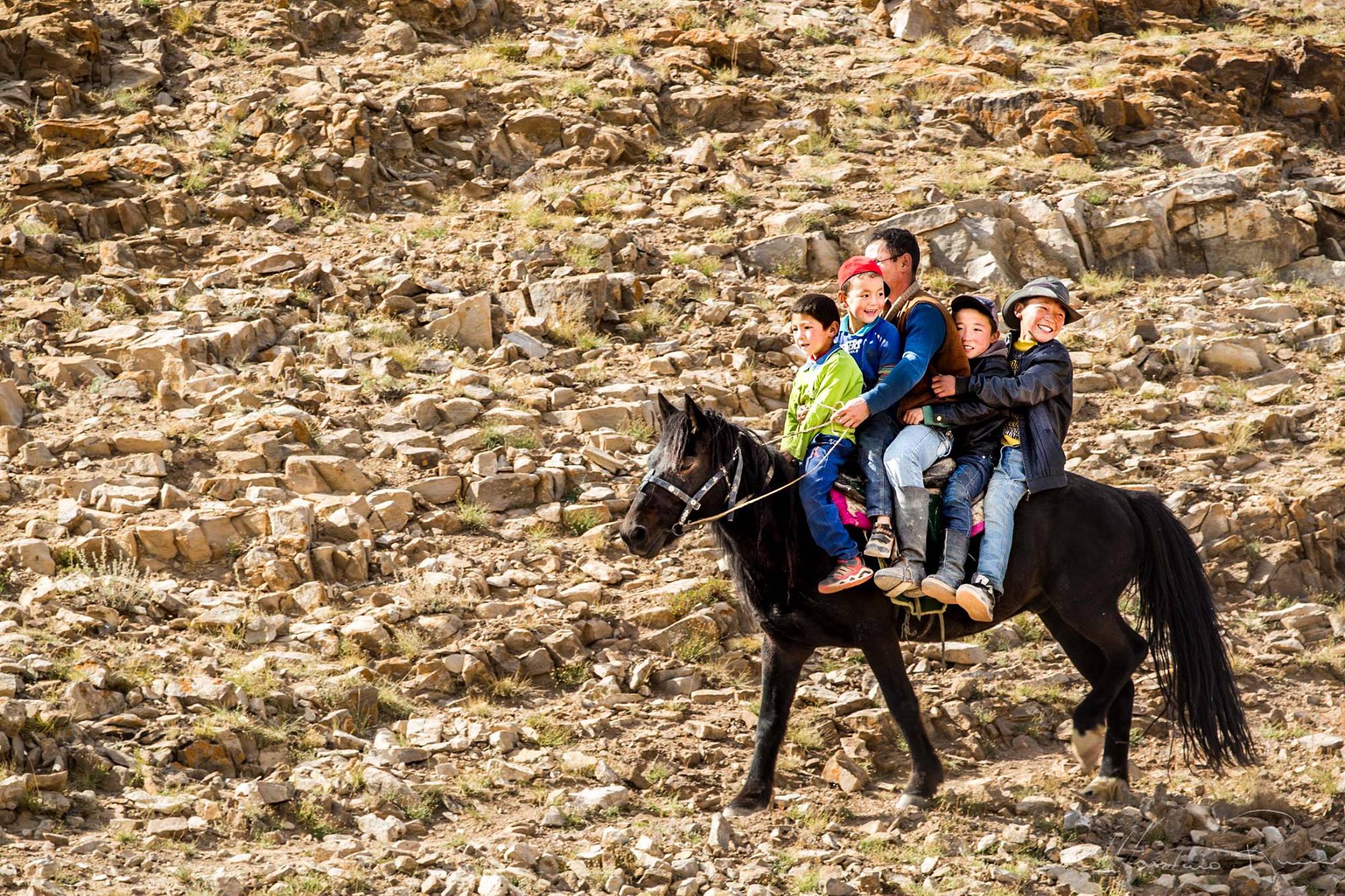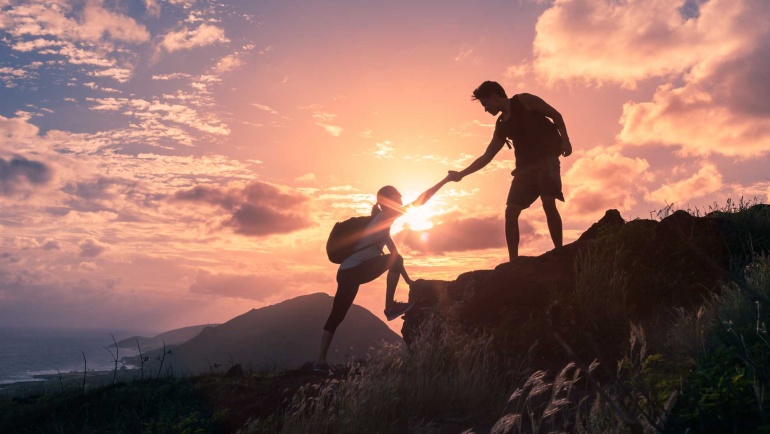There are trends and cycles in tourism just as with other areas of influence. One of the current shifts is towards a more authentic experience.
It’s there in these three tag lines – ‘travel like a local’, ‘don’t just visit, live it’, and ‘be where you belong’. All from three quite major tour or accommodation suppliers.
The focus is on interaction, authenticity, discovery, cultural immersion, getting off the beaten path, and doing something different. It’s about non-contrived experiences and an avoidance of anything clichéd.
But what is local travel? Yes, it is a term now frequently used and found within the travel industry. It is also wide open to interpretation. For some it means living like a local but is that ever possible as a visitor when you’re not actually a local? When you don’t have the same stresses or worries and are not affected by the same local issues. But, local travel in my mind can also mean appreciating where you are on a more personal level.
Here’s my list – still under construction hence why the odd number of 7. Just a few hints, tips and suggestions (well, seven actually) for getting just that little bit more out of your experience!
Get to know the destination prior to your arrival
It’s so obvious I know but if you’re taking the time to travel somewhere then I think its important to read up on the destination and introduce yourself to its culture, traditions, religion and history. Fiction, travelogue or non-fiction – there’s a book out there for everyone. However, for the non-readers there is always music or a film or documentary to watch.
Do not look for paninis, pizzas or pasta
Do not look for paninis, pizzas or pasta (unless you’re in Italy). Try somewhere local. And then, if you don’t like it then you can move on to the paninis, pizzas or pasta. OK, so not all destinations are famous for their cuisines (in fact, Mongolia is more famous for people’s negative reaction towards it), but try to put it into context. Why do they eat what they eat?
Use public transport

Yes, we might moan about the public transport in our own country, but using public transport in a country you’re visiting allows you to be part of the local community for a brief while and you’ll see the area from a more local perspective. Don’t be scared of making a mistake either and getting on the wrong bus or off at the wrong stop. Locals will stop to help. It’s the kindness of strangers.
Risk a little embarrassment and try a few words of the local language
My drivers still laugh about when I asked for a kilo bag of rain instead of a kilo bag of rice. No, you don’t need to be proficient but even the ensuing laughter helps towards breaking the language barrier.
* In relation to Mongolian, the travel writer Tim Severin did describe the language as being like: ‘two cats coughing and spitting at each other until one finally throws up ‘ Good luck! Anyway, moving on…
Try to understand a little of the local culture and customs
Try to understand why they do what they do – it will help to create a more meaningful experience. As the Mongolian proverb says, ‘If you drink the water, follow the custom.’
Use the local or family-run accommodation
Yes, that international chain hotel will (probably) have a double memory foam mattress but is that really how you want to experience where you’re staying? By choosing a more local accommodation option you’ll help the local economy, and get a more intimate relationship with the destination and a better understanding of the way of life. And yes, it is possible to do without Wi-Fi and a power shower.
And this doesn’t necessarily have to be Airbnb either. Many local people offer homestays independently. Find them.
Slow down and look
Don’t treat any walk as an exercise regime – that’s best left for the gym when you get home. Instead slow down and observe daily life. Sit in a park or a community square. Slow your thoughts down and just observe.


